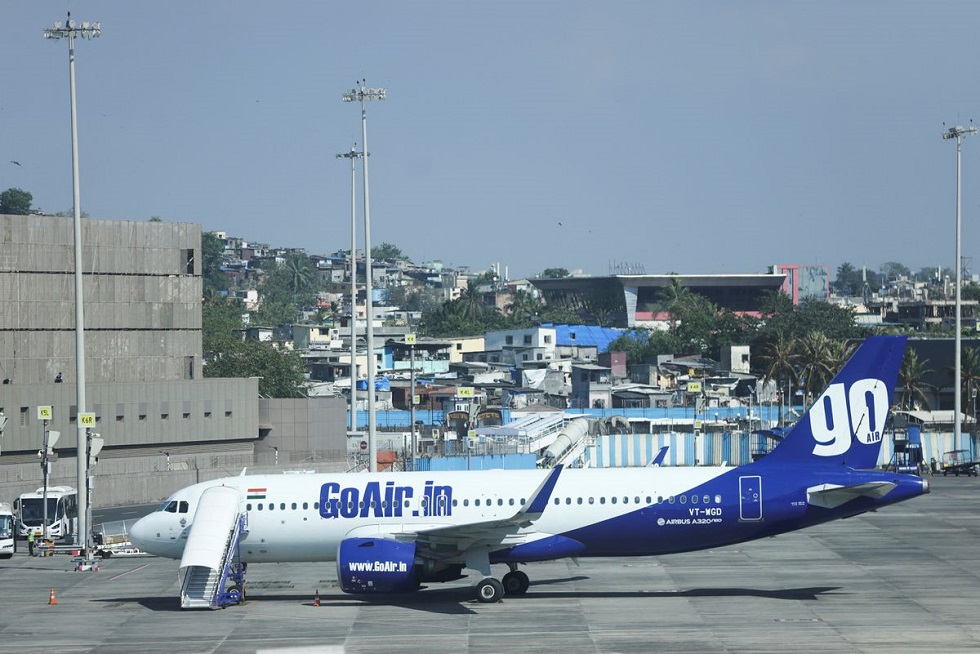In the aftermath of the Covid-19 pandemic, many countries worldwide have taken a strong stance in protecting the legitimate rights of local airlines against stringent debt restructuring proposals and aircraft repossessions by aircraft lessors and buyers.
Many airlines worldwide have been embroiled in a legal battle with aircraft financing and leasing companies, including vulture funds, to safeguard their rights to operate aircraft following the profound impact of the pandemic.
The demands of aircraft lessors and buyers are currently facing strong opposition from governments, particularly when the airlines have yet to demonstrate their desire to continue operating these aircraft to serve travel demands and fulfill their financial obligations after the pandemic.
Recently, the aviation watchdog of India, the world’s third-largest aviation market, put on hold requests from lessors to repossess planes from Go First after the airline filed for bankruptcy protection.
The decision taken by the Indian aviation authority has exemplified the resolute stance of global aviation governments in response to the prevailing situation, where leasing and financial entities are exerting pressure on local airlines to repossess aircraft after the pandemic.
Indian Prime Minister Narendra Modi has recently praised the emergence of India as an aviation powerhouse, with the rapid development of new airports across the country and the robust expansion of airlines such as IndiGo and Air India, evidenced by their record-breaking aircraft orders.
India is a major market for lessors, in which sale-and-leaseback deals accounted for 75% of plane deliveries from 2018 to 2022, compared with a global average of 35%, data from aviation analytics firm Cirium showed.
Previously, various lessors of Go First had requested India’s Directorate General of Civil Aviation (DGCA) to deregister more than 40 aircraft under the Cape Town Convention. However, the National Company Law Tribunal (NCLT) of India dismissed these requests.
Go First was granted bankruptcy protection on May 10. The lessors argued that the airline has no rights over the planes since the leases were terminated. However, the Indian government disagreed, asserting that the bankruptcy law imposed a freeze on the assets. Although India acceded to the Cape Town Convention in 2018, the existing laws, including the country’s bankruptcy law, are currently prevailing over the provisions of the Cape Town Convention.
The recent decisions by the Indian Government and several countries have highlighted the need for changes in aircraft lessors’ approaches to cash-strapped airlines, rather than strictly adhering to the rigid application of the Cape Town Convention. This raises questions about their rights to repossess aircraft from local carriers, especially when they are adversely affected by uncontrollable factors like the Covid-19 pandemic.
Currently, the Government of India put on hold any requests from lessors, buyers, financial tycoons, or investment funds to repossess planes from cash-strapped domestic airlines.









